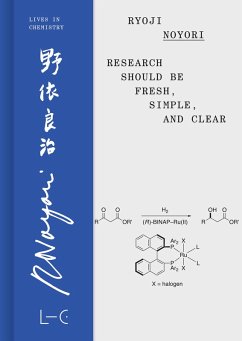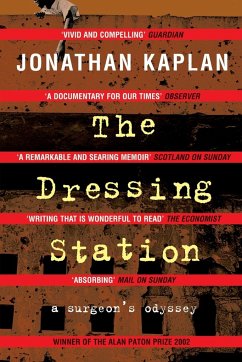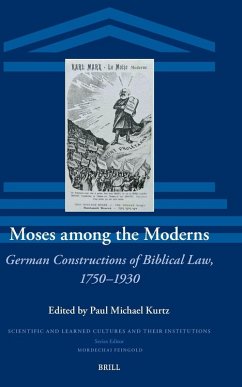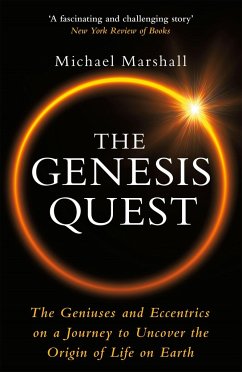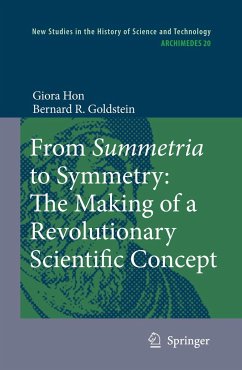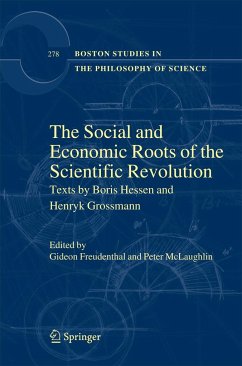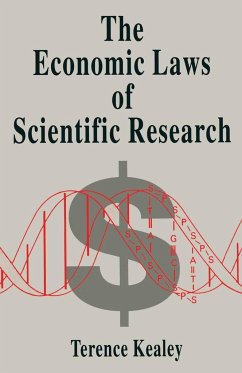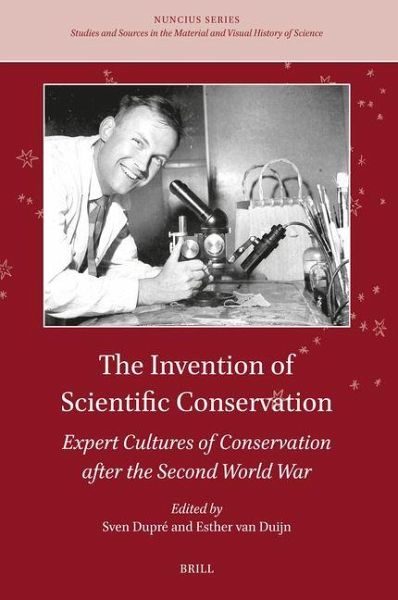
The Invention of Scientific Conservation
Expert Cultures of Conservation After the Second World War
Versandkostenfrei!
Erscheint vorauss. 18. Dezember 2025
156,99 €
inkl. MwSt.

PAYBACK Punkte
78 °P sammeln!
The book addresses the question of how experts from a variety of educational backgrounds and with different professional identities created scientific conservation. How did they make science the type of knowledge carrying most authority in questions of conservation? From the ruins of the Second World War, international organisations (e.g. IIC), journals (e.g. Studies in Conservation), and institutes (e.g. the KIK-IRPA in Brussels) emerged. This book discusses these developments until the 1970s, when conservators confronted with the processual and intangible aspects of contemporary art started ...
The book addresses the question of how experts from a variety of educational backgrounds and with different professional identities created scientific conservation. How did they make science the type of knowledge carrying most authority in questions of conservation? From the ruins of the Second World War, international organisations (e.g. IIC), journals (e.g. Studies in Conservation), and institutes (e.g. the KIK-IRPA in Brussels) emerged. This book discusses these developments until the 1970s, when conservators confronted with the processual and intangible aspects of contemporary art started to question the principles of scientific conservation and again began to value other forms of knowledge. Contributors are: Camille Bourdiel, Marco Cardinali, Leib Celnik, Angela Cerasuolo, Esther van Duijn, Sven Dupré, Noémie Etienne, Thierry Ford, Michael von der Goltz, Jo Kirby, Hero Lotti, Salvador Muñoz-Viñas, Maeva Pimo, Ron Spronk, Geert Vanpaemel, and Aga Wielocha.



